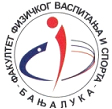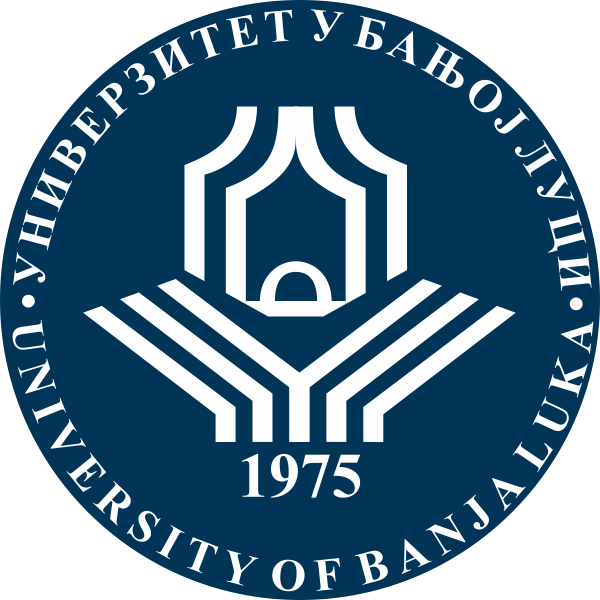SportLogia
Vol. 9, Issue 2, December 2013.
MANAGEMENT OF ACTIVITIES IN THE OPENING OF SPORTING
EVENTS THROUGH THE TECHNIQUES OF NETWORK PLANNING
Sretenka Dugalić1
1College of Sport and Health, Belgrade, Serbia
Original SCIENTIFIC PAPER
doi: 10.5550/sgia.130902.en.002D
COBISS.RS-ID 4123416
UDC: 796.062:005
Summary
This paper presents an exemplar of how network planning technique can be applied within sport management. Sporting events involve a very large number of participants (excluding the audience, sponsors and members of the media, the Olympic Games often encounter over 10,500 participants). Because some sporting events last several days, constantly being updated, it is possible to use prior experience. However, considering that sport managers often have the task of preparing and organizing sporting events that take place in a relatively short period of time, the specifications required are primarily limited by time resources.
The aim is therefore to provide assistance to and share experiences with potential users and the organizers of sporting events by emphasizing the importance of network planning techniques to the management of sport, which itself needs to have a greater application within sport management to increase organizational resources, and possibly, contribute to the saving of other resources, particularly money, people and equipment.
.
Key words: CPM method, manegement of sporting events, network planning techniques.
References
Aaron, S., & Stewаrt B. (1992). Sports management. Melbourne, AU: Allen & Unwin Pty Ltd. PMCid: PMC1737143
Appenzeller, H. L. (2000). Successful sport management. 2nd ed. Durham, NC: Carolina Academic Press.
Bloem, M., & Vermei, A. (2005). The olympic road to performance improvement. Performance Improvement, 44(6), 7–13. doi: 10.1002/pfi.4140440604 ![]()
Chadwick, J. S. (2010). Sportski menadžment [The business of sport mangement]. Zagreb, HR: Mate.
Dobrenić, S. (1987). Operativno istraživanje [Operational research]. Varaždin, HR: Fakultet organizacije i informatike.
Dugalić, S. (1995). Lansiranje novog proizvodnog asortimana [The launch of the new product assortment]. Plasman i tržište, 2, 21–31.
Dugalić, S. (2005). Finansijski i marketinški aspekti strategija u sportu [Financial and marketing aspects of the strategy in sport]. Belgrade, RS: Viša škola za sportske trenere.
Dugalić, S. (2007). Menadžment sportskih objekata [Management of sports facilities]. Belgrade, RS: Visoka škola za sport.
Đuričin, D., & Lončar, D. (2012). Menadžment pomoću projekata [Management by projects]. Belgrade, RS: Centar za izdavačku delatnost Ekonomskog fakulteta u Beogradu.
Farmer J. P., Mulrooney L. A., & Amon R. Jr. (1996). Sport facility planning and management. Morgantown, WV: Fitness Information Technology, Inc.
Harvard Business School Press. (2006). Menadžment projekta [Project management]. Belgrade, RS: Data status.
Kelley, J. (1961). Critical path planning and scheduling: Mathematical basis. Operations Research, 9(3), 1091–1105. doi: 10.1287/opre.9.3.296 ![]()
Kelley, J., & Morgan, W. (1959). Critical-Path Planning and Scheduling. Proceedings of Eastern Joint Computer Conference (pp. 160–173). Boston, MA, December 1959.
Ljubojević, Č. (2001). Menadžment i marketing u sportu [Management and marketing in sport]. Belgrade, RS: Želnid,
Pelević B. (2011). Menadžment sportskih takmičenja [Management of sports events]. Belgrade, RS: Visoka sportska i zdravstvena škola.
Pitts B. G, & Stotlar, D. (1996). Fundamentals of sport marketing. Morgantown,WV: Fitness Information Technology, Inc.
Raič, A. (2006). Sportski menadžment kao profesija i kao nauka [Sports management as a profession and as a science]. In
Đ. Nićin (Ed.), 2nd International conference »Management in sport« (pp. 17–24). Belgrade, RS: Fakultet za menadžment u sportu Univerziteta »Braća Karić«.
Raič, A., & Maksimović, N. (2000). Sportski menadžment [Sports management]. Novi Sad, RS: Fakultet fizičke kulture.
Roel, G. (2011). Project management. Groningen, NL: Noordhoff Uitgevers B.V
Van Der Wagen, L., & Carlos, B. R. (2009). Upravljanje događanjima [Event management]. Beograd, RS: Mate d.o.o.
Vasiljević, D. (2013). Material requirements planning in manufacturing of sport industry equipment. In D. Životić and V. Šiljak (Eds.), Proceedings of 8th International conference »Management in sport« (pp. 324–330). Belgrade, RS: Fakultet za menadžment u sportu Alfa univerziteta.
.




